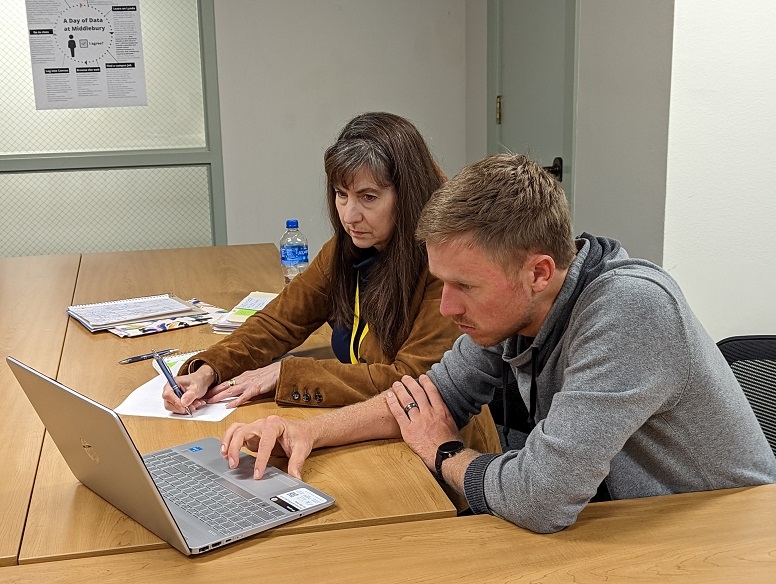The META Lab: Making Sense of Big Data
A hub for data analysis learning and training on campus, the Middlebury Institute’s META Lab also offers students the opportunity to work on community projects, providing meaningful support to local non-profits while gaining valuable work experience.



